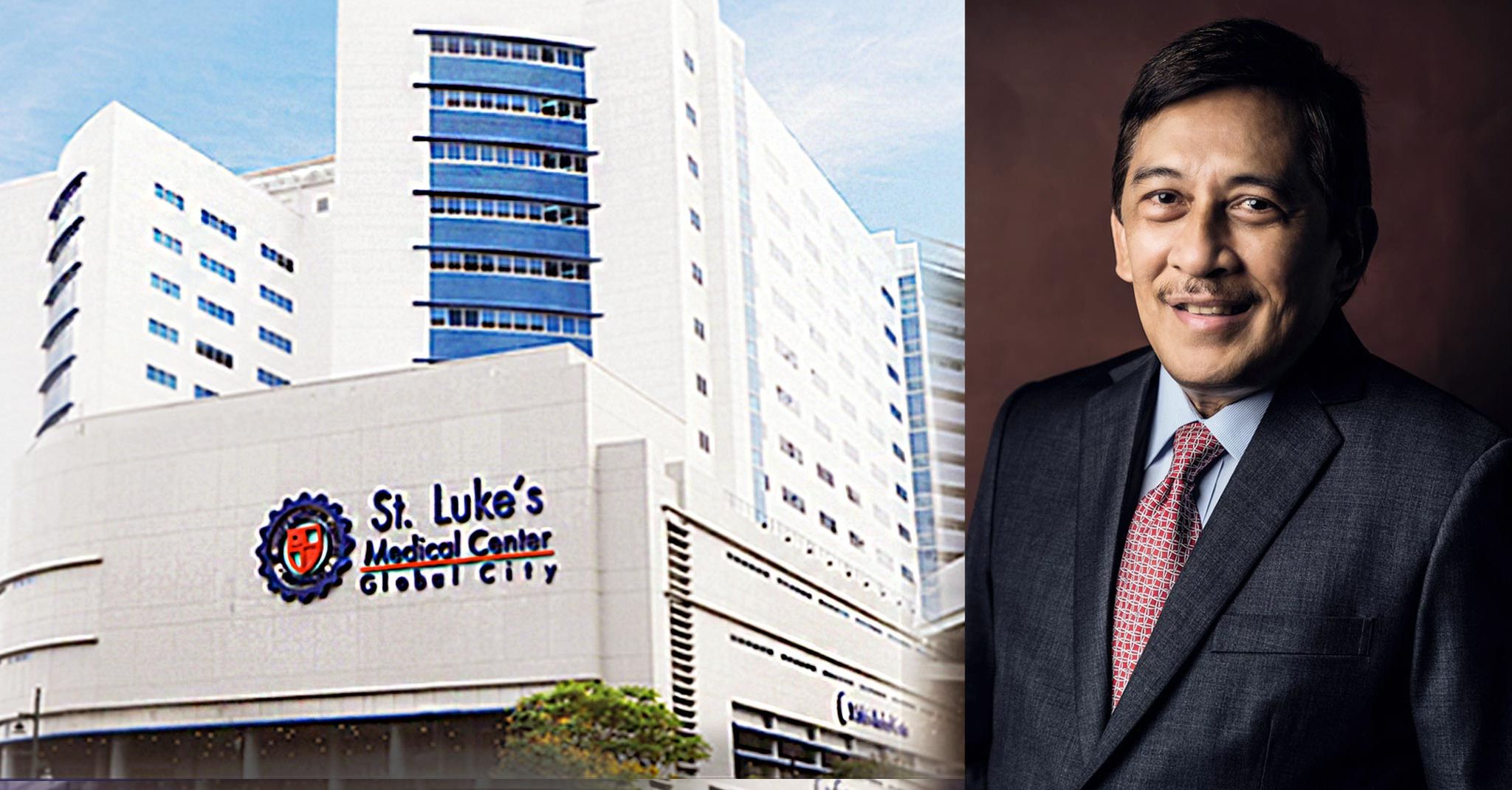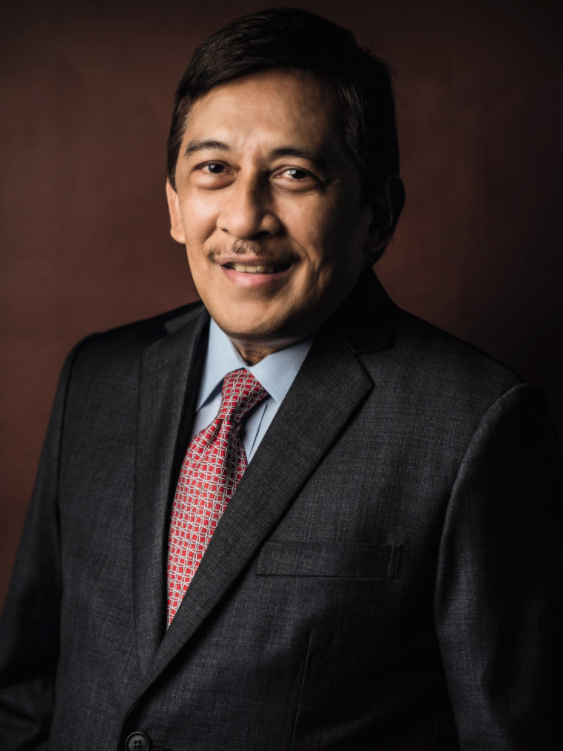BY JOSE PAOLO S. DELA CRUZ
Despite the recent spike in COVID-19 cases and the extension of several quarantine measures in various parts of the Philippines, St. Luke’s Medical Center (SLMC) president and CEO Dr. Arturo S. De La Peña believes that the country has reason to hope when it comes to beating the pandemic.
On Sept. 1, the Philippines enters its ‘-ber’ months — not just with the usual anticipation of Christmas — but with a watchful eye on 145,562 active COVID-19 cases, no thanks to the Delta variant that has now been named as the dominant strain in the country. Still, the medical sector continues to find new ways to bring Filipinos reasons to hope in these challenging times.
“There’s always light at the end of the tunnel,” says Dr. Arturo S. De La Peña, who himself beat COVID-19 last year. “We have to hope for that to happen; whether the magic bullet will be the vaccination or that one of these days, medicines that will kill the virus will be developed.”
The St. Luke’s chief also says that the hospital, whose COVID-19 bed occupancy reached 110 percent in August, is exploring new treatments for its patients. “Maybe in a month or two, we will be giving synthetic monoclonal antibodies. These are antibodies that are synthesized, so that if you have patients with mild symptoms and risk factors – like underlying medical illnesses, diabetes or advanced age – they will be able to prevent progression of the disease into severe [cases].”
Among those admitted in SLMC, around 30 percent have been vaccinated, while 70 percent are unvaccinated. And while their team has discovered that antibodies begin to decline months after vaccination, they also learned that people who have survived a previous COVID-19 infections react better to the shots.
“One thing we know is that if you had developed COVID-19 and you’re vaccinated, the response to the vaccine would be better,” says De La Peña. ”For instance, I developed COVID last year, and then I get the vaccination and my antibodies are much, much higher as compared to those who were not infected before.”
Believing that vaccination is integral in beating the virus, De La Peña reveals that SLMC doctors have also volunteered to administer the jabs on the barangay level. “We have volunteered so send a team of about 10 doctors, for as long as the vaccines will be brought there by the government. Right now, only people who have access to reserving vaccination slots and those who can go to the vaccination centers can be vaccinated. But what about those people who have no capability of getting access for scheduling?” he posits.
The doctor also gives valuable advice for those who want to steer clear of the virus and its deadly symptoms. “We must continue to adhere to washing our hands, wearing masks and avoiding crowds. Take good care of yourselves. Sleep well, eat healthy and have a good sleep and rest, and you will be protected, I think,” he shares, adding that many patients who died from COVID-19 usually have underlying medical conditions like diabetes, heart disease and obesity.
He also adds that it’s important to have Vitamin D in the body, which one can easily get for free from sunlight. “Some data show that Zinc and Vitamin D3 also offer protection. But if you are afraid of sunlight, then you take the pill that contains vitamin D3,” he says.
For SLMC’s part, the hospital continues to innovate by ramping up its digitization efforts, developing new treatments and more. “Life has no price. That’s why we do not stop in trying to look for alternative treatments. We continue to determine what works and what will not work,” he concludes.






